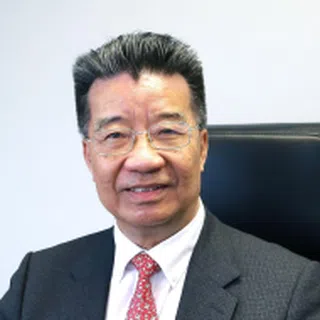Commentator: Extend ‘one country, two systems’ to ensure Hong Kong thrives
Commentator Lew Mon-hung opines that in order for Hong Kong to regain its glory as a financial, trading and shipping centre, the central Chinese government should extend “one country, two systems” beyond 2047.
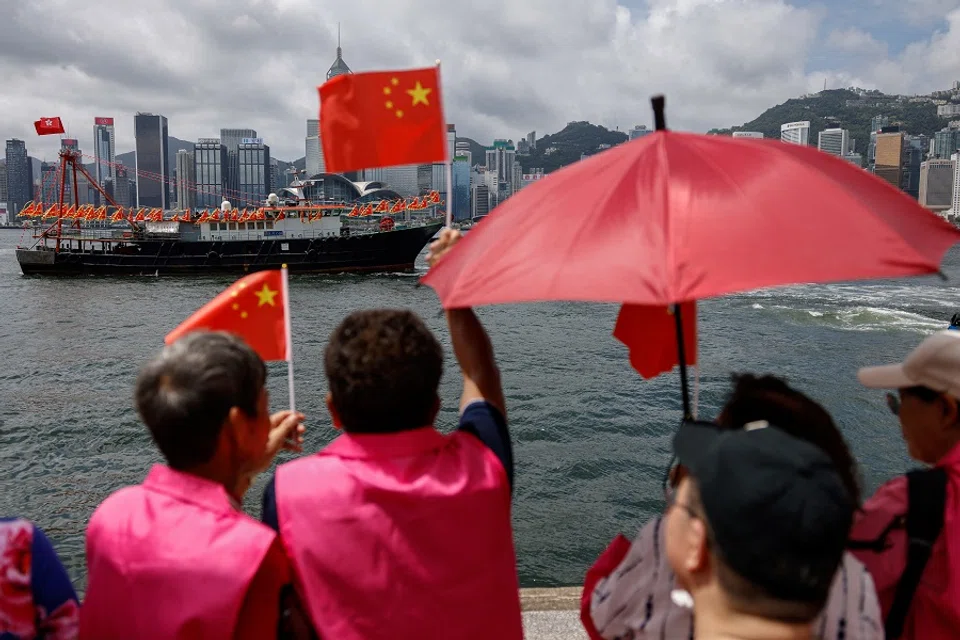
In recent years, Hong Kong has seen a series of situational reversals as an international financial, trading and shipping centre. The number of people emigrating from the special administrative region (SAR) — a bellwether of Hongkongers’ confidence in the future — has reached hundreds of thousands over the past three years. Notably, in March 2023 the Inland Revenue Department of Hong Kong shockingly announced that there were “370,000 fewer tax returns” filed.
Meanwhile, the UK government has recently charged an executive manager of the Hong Kong Economic and Trade Office in London and other related personnel for “endangering national security”. These developments have undeniably dealt a serious blow to Hong Kong’s status as an international financial, trading and shipping centre, gravely impacting the prospects of “one country, two systems”.
Cornerstone of Hong Kong’s capitalist society
In a commentary published on Lianhe Zaobao on 26 February, I called for a return to the Sino-British Joint Declaration as the first step to save Hong Kong. Today, I would like to further suggest the following strategic decision to put minds at ease: the Chinese government should solemnly announce as soon as possible that the “one country, two systems” principle for Hong Kong will be extended for 50 years and enshrine this extension in the Basic Law through legal procedures.
Article 5 of the Basic Law of Hong Kong states: “The socialist system and policies shall not be practised in the Hong Kong Special Administrative Region, and the previous capitalist system and way of life shall remain unchanged for 50 years.”
It has been 27 years since Hong Kong’s handover, and a very short 23 years is left before 2047. The question is, when the 50 years are up, will Hong Kong’s “one country, two systems” come to an end and give way to the implementation of “one country, one system”?
Once the mainland’s system replaces the “one country, two systems” in Hong Kong, all companies will be required to have in place party committees, party branches and party cells.
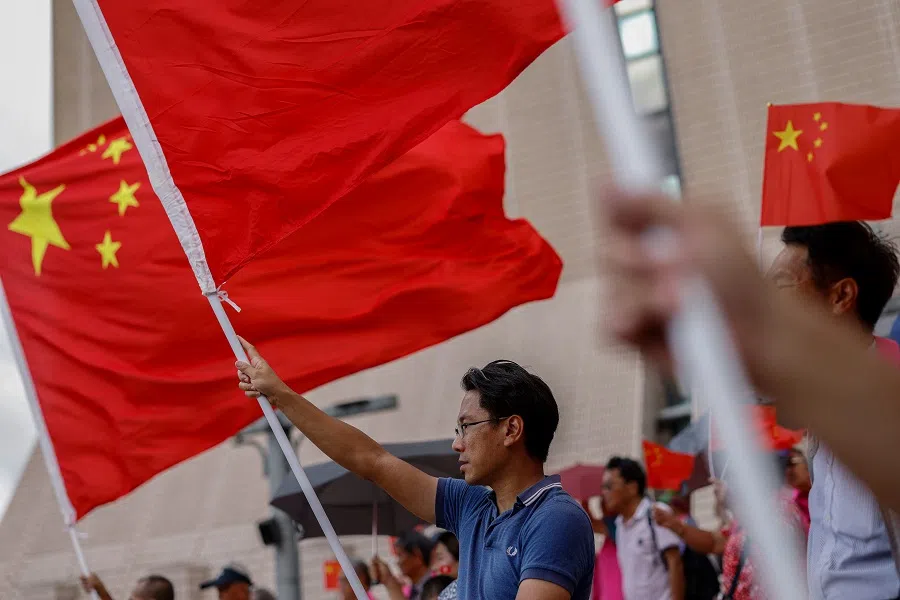
This question is not only of concern to Hong Kong’s citizens, but also for international investors in particular. Their worries include the following:
Firstly, the cornerstone of Hong Kong’s capitalist society, which has been in place for over 180 years, is the inviolability of private property; whereas Marxism, the theoretical basis of the guiding ideology of mainland China’s socialist system, is, in a nutshell, all about the “elimination of private ownership”.
Once “one country, two systems” is replaced by “one country, one system”, is there going to be a repeat of the post-1949 political movements of the mainland in Hong Kong? It is no wonder that some investors, including foreign ones, have withdrawn their capital from Hong Kong or, with a view to staying out of peril, refused to invest in the SAR.
Hong Kong will only become an ordinary city, which can no longer play the role of a bridge to the world, much less be a fulcrum to provide leverage for China’s reform and opening up.
Freedom and rule of law
Secondly, the development and success of Hong Kong as an international financial, trading and shipping centre is built on the core values of freedom and the rule of law under a capitalist system, sustained for more than a century. Once the mainland’s system replaces the “one country, two systems” in Hong Kong, all companies will be required to have in place party committees, party branches and party cells.
Will the freedoms and rule of law derived from Hong Kong’s capitalist system not survive, given that their very basis will be gone? If its status as an international financial, trading and shipping centre wanes, Hong Kong will only become an ordinary city, which can no longer play the role of a bridge to the world, much less be a fulcrum to provide leverage for China’s reform and opening up.
Thirdly, despite the fact that the existing “one country, two systems” has been somewhat shaken, distorted and bent out of shape, the Basic Law is still not completely discarded.
The belief in the “inviolability of private property” remains basically intact. The citizens are still free to enter and leave the territory. The passports issued by the SAR continue to enable visa-free access to 172 countries and territories, making it superior to mainland China’s passports, which can enter around 80 countries and territories visa-free or with visa on arrival.
... with the termination of “one country, two systems” on the horizon, anyone would expect Hong Kong’s property prices to become on par with the Pearl River Delta region’s level within the next 23 years, so everything is going south now.
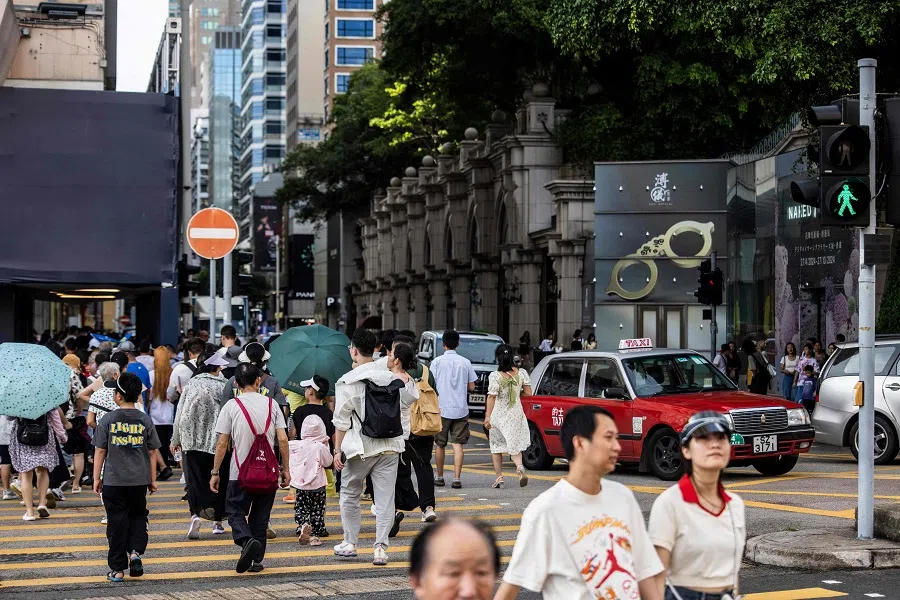
Once “one country, two systems” comes to an end, will Hongkongers be subject to the residential registration system like the mainlanders? With regard to freedom of information, are they going to be segregated by firewalls as the mainland is today? Will they only be able to hold mainland Chinese passports? Will they still be able to enter and leave the territory freely?
Fourthly, real estate has always been the pillar of Hong Kong’s economy. Hong Kong as an international financial, trading and shipping centre was built on capitalism, and it became a shopping paradise by virtue of its free port and simple low-tax regime. Real estate in the SAR is thus more valuable than that of any regular city in the mainland.
However, with the termination of “one country, two systems” on the horizon, anyone would expect Hong Kong’s property prices to become on par with the Pearl River Delta region’s level within the next 23 years, so everything is going south now. This is the fundamental reason why Hong Kong’s property market keeps falling through the floor even though the SAR government has already scrapped all of its strong cooling measures for purchases of residential properties.
Peaceful co-existence
In view of the above concerns of Hong Kong’s citizens and investors at home and abroad, I suggest the following as a strategic decision to put people’s minds at ease. Beijing should expeditiously make a reassuring announcement that the “one country, two systems” will be extended for 50 years, whereby the original capitalist system and way of life will be maintained, at least until 2097, and initiate corresponding amendments to the Basic Law.
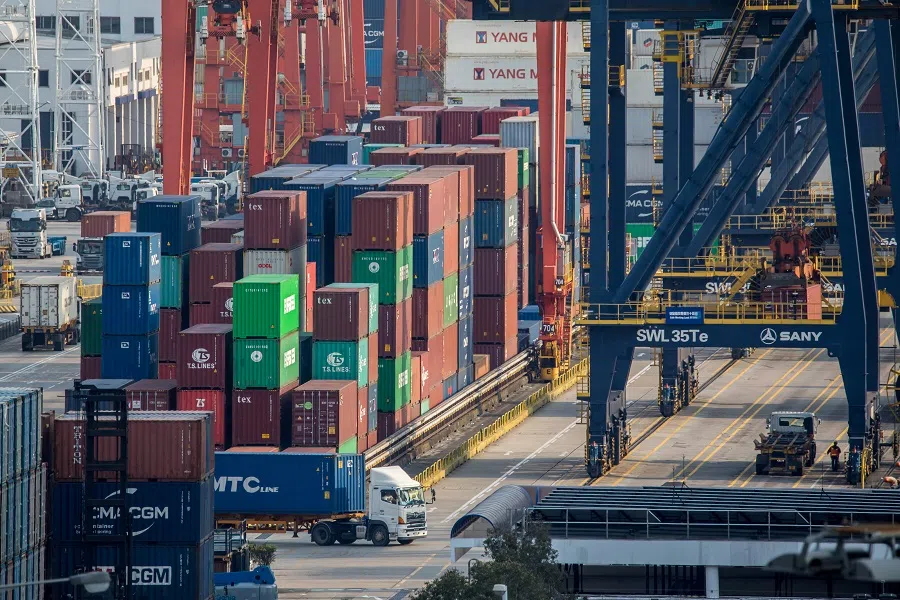
This would certainly be a boon for Hong Kong in consolidating its position as an international financial, trading and shipping centre.
In a speech delivered during the celebration of the 25th anniversary of Hong Kong’s handover on 1 July 2022, Chinese President Xi Jinping pointed out that “one country, two systems” has been tested repeatedly in practice, is in line with the fundamental interests of the Chinese state and nation, as well as those of Hong Kong and Macau, and is strongly supported by the 1.4 billion Chinese people. There is no reason to change such a good set-up.
Hence, it would be perfectly natural and sensible to announce now that Hong Kong’s “one country, two systems” will be extended for 50 years.
Undeniably, both Taiwan and the world at large are keeping a close watch on what will happen with “one country, two systems” in Hong Kong. Should the Chinese government announce a 50-year extension of the SAR’s dual set-up while keeping reform and opening up on the right track, the benefits will be obvious.
... by making such an announcement, Beijing can also demonstrate to the whole world the Chinese government’s strategic inclusiveness vis-à-vis “one country, two systems”...
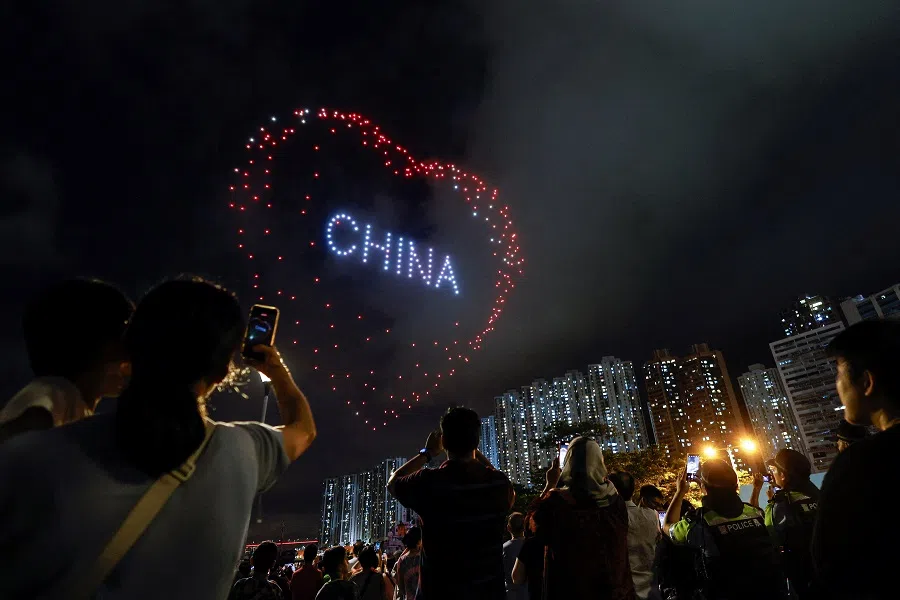
For starters, the worries of Hongkongers and domestic and overseas investors about the “2047 deadline” for “one country, two systems” will all be swept away. True to its profit-seeking nature, international capital will flow back here zestfully, restoring Hong Kong’s vigour as an international financial, trading and shipping centre, and thus highlighting the superiority of “one country, two systems”.
This will be good not only for China’s sovereignty, security and development interests, but also for the SAR’s prosperity and stability. Secondly, Hong Kong’s international status will be raised to a new level.
Moreover, by making such an announcement, Beijing can also demonstrate to the whole world the Chinese government’s strategic inclusiveness vis-à-vis “one country, two systems”, its goodwill to co-exist peacefully with countries and territories with different social systems, as well as its sincerity in “building a community of shared destiny for mankind”.
This will serve to subtly defuse the notion of the “Chinese threat”. With so many benefits to reap, why not do it?
This article was first published in Lianhe Zaobao as “建议北京宣布香港一国两制延长50年”.
